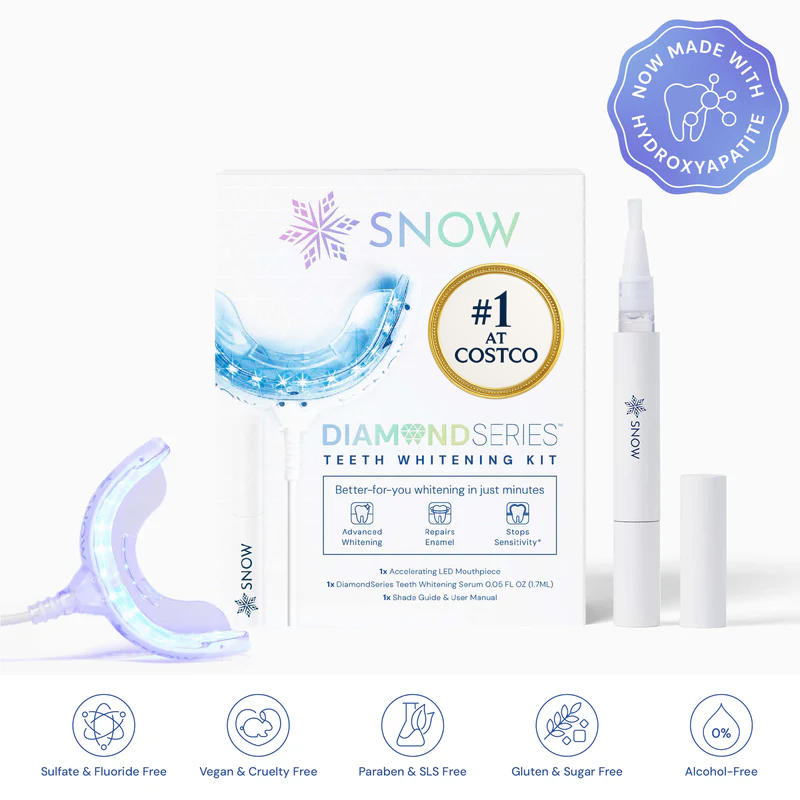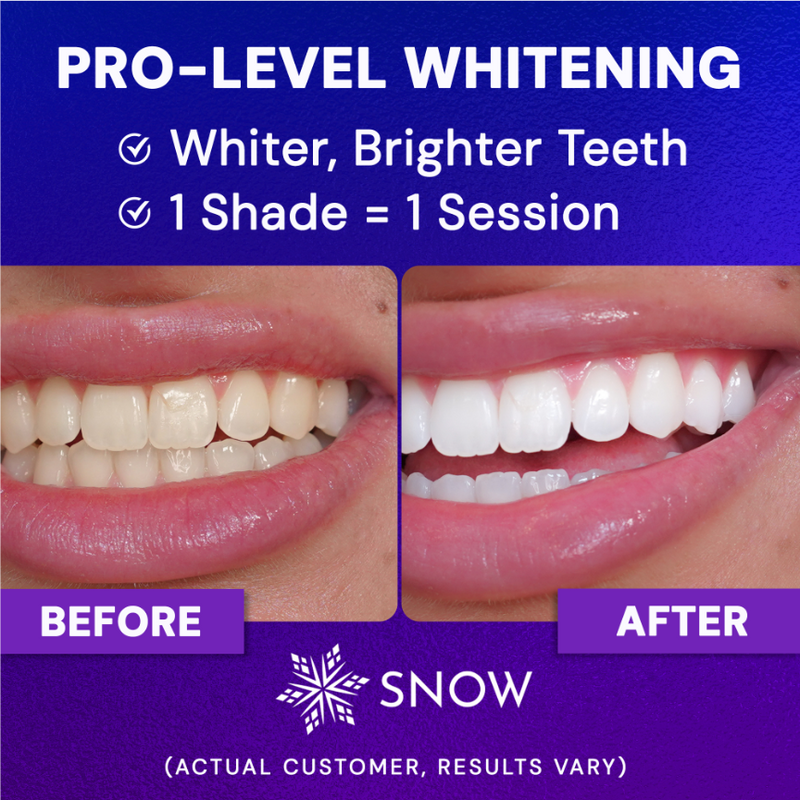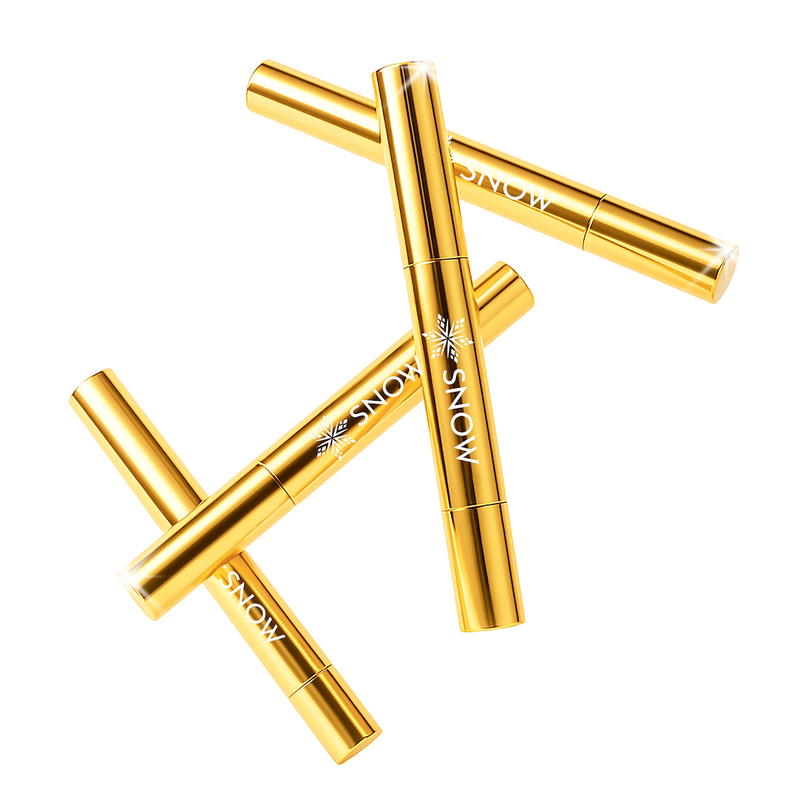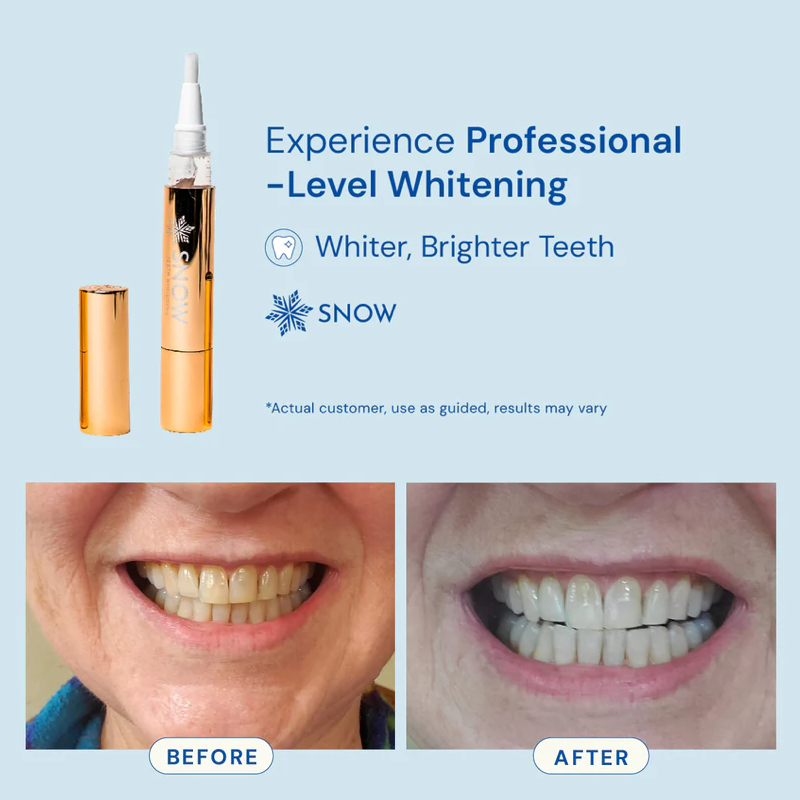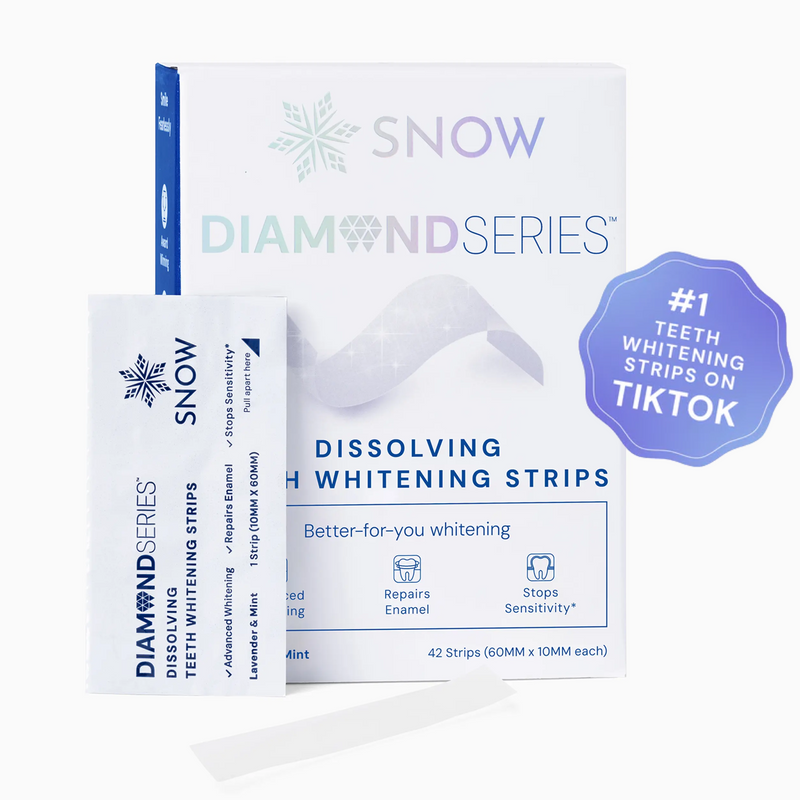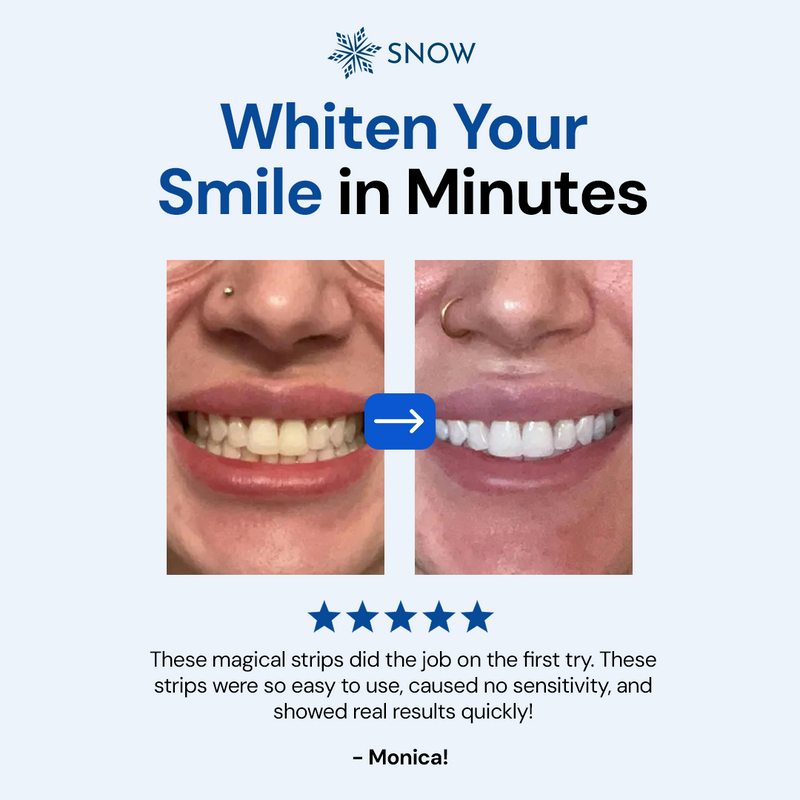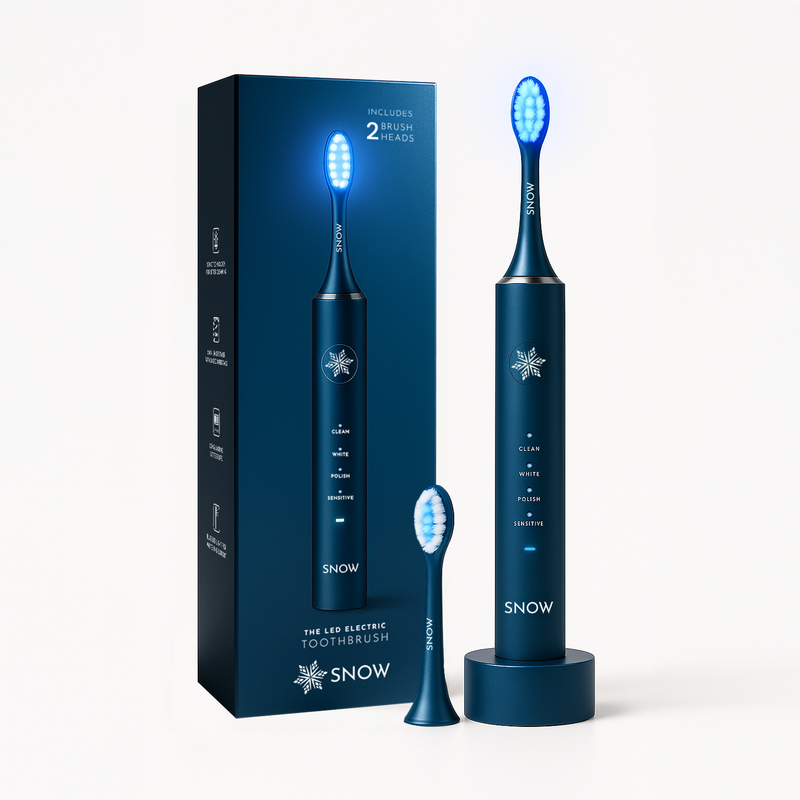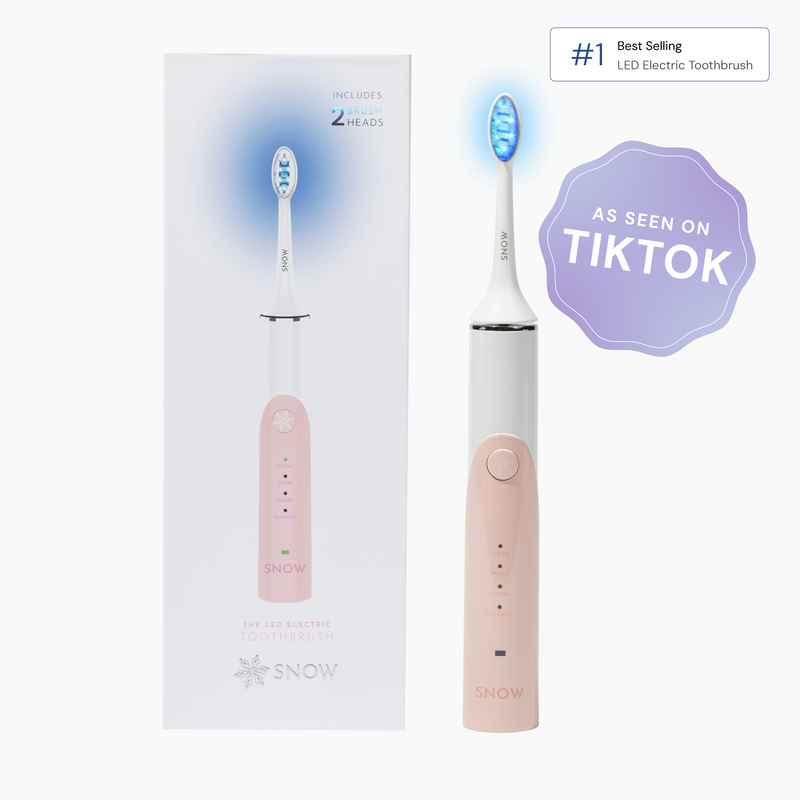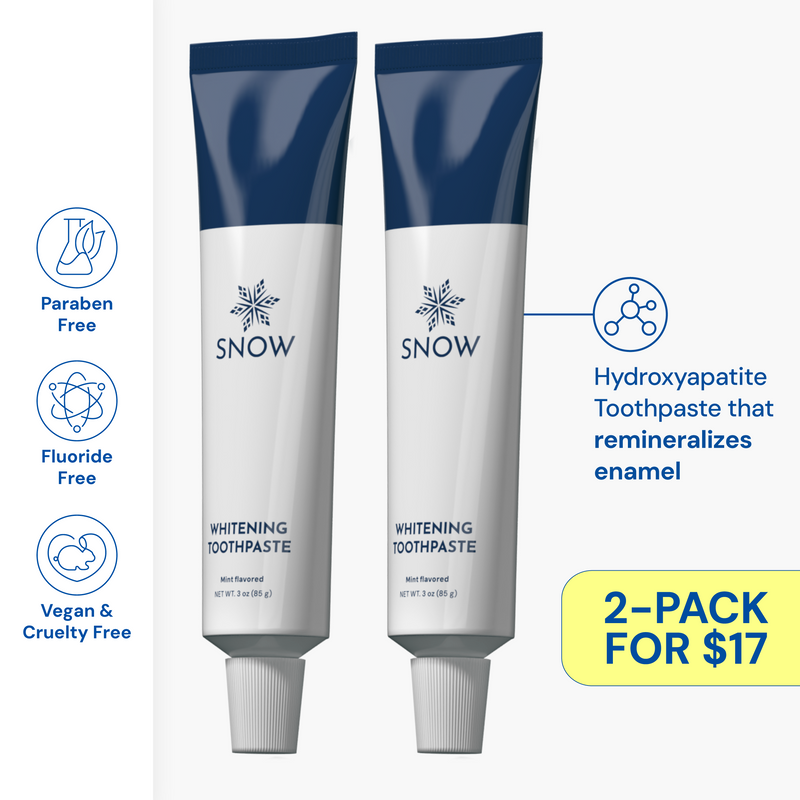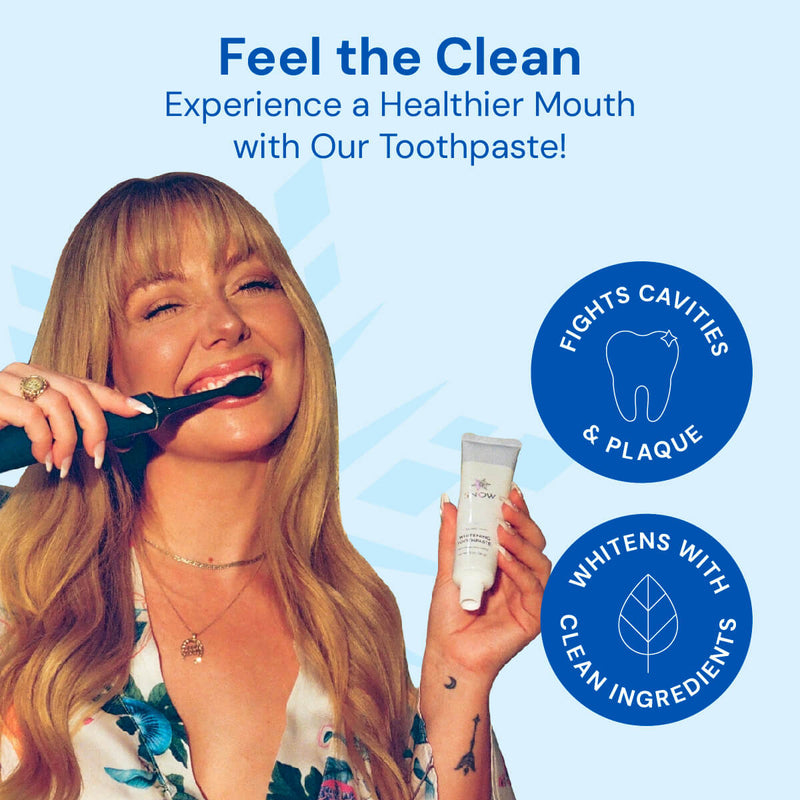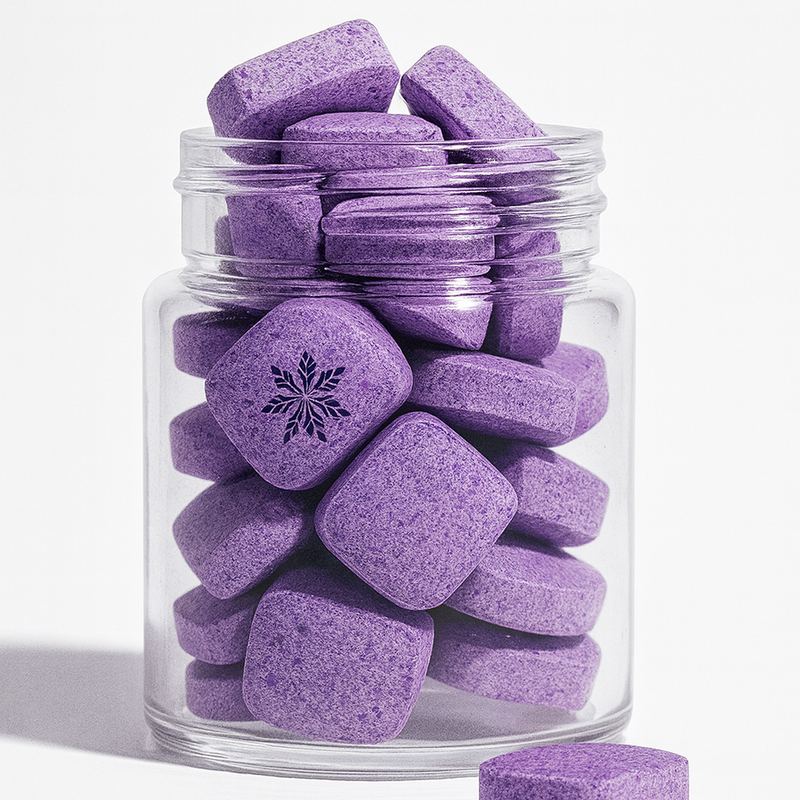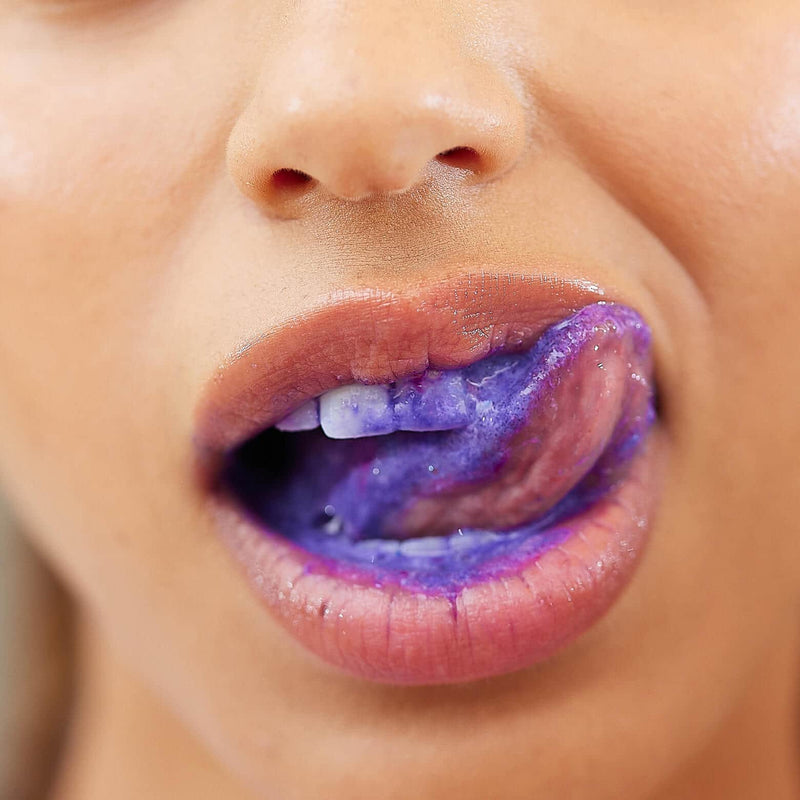If you’ve ever wondered, do electric toothbrushes have lithium batteries, the answer is yes. Most modern electric toothbrushes rely on lithium batteries for reliable power and fast charging.
Unlike NiMH batteries or AA or AAA batteries, lithium ion batteries offer extended use and better performance. Choosing a rechargeable electric toothbrush with the right battery type can make a big difference in your brushing routine.
In this article, we’ll break down the benefits, comparisons, and how to tell what kind of battery your electric toothbrush uses.
Key Takeaways
-
Most modern electric toothbrushes use lithium-ion batteries, providing longer-lasting charge and faster recharging compared to older battery types.
-
Identifying if an electric toothbrush has a lithium battery can be done by checking labels, observing battery life, and noting fast charging capabilities.
-
Proper recycling of electric toothbrushes with lithium batteries is essential for environmental protection, and many brands and programs exist to facilitate this process.
Why Battery Type in Your Toothbrush Matters
The battery in your electric toothbrush plays a critical role in how well the device performs, how convenient it is to use, and how long it lasts. Whether you're brushing at home or packing for air travel, the type of battery powering your toothbrush affects everything from brushing time to charging frequency. For those committed to a strong oral hygiene routine, choosing the right battery type is as important as the brush head itself.
A reliable battery ensures consistent power output, allowing for effective cleaning, better plaque removal, and advanced features like pressure sensors and timers. In contrast, inferior batteries may lead to shorter brushing sessions, slower motors, and more frequent replacements. That makes understanding your battery type key to long-term dental health.
Do Electric Toothbrushes Use Lithium Batteries?
Yes, most modern electric toothbrushes use lithium-ion batteries. These batteries are favored for their high energy density, long lasting power, and ability to support fast charging. Compared to older options like NiMH batteries or AA/AAA disposables, lithium-ion batteries are more efficient, lighter, and capable of powering advanced features.
This is why many electric toothbrushes use lithium batteries today, especially in mid- to high-end models. They're also known to be more eco friendly due to longer lifespan and fewer replacements.
Benefits of Lithium-Ion Batteries
Let’s look at why lithium-ion batteries dominate the rechargeable electric toothbrush space:
-
Long lasting power: You can go for days, or even weeks, without needing to recharge.
-
Fast charging: Lithium-ion technology supports quick energy replenishment, sometimes charging fully in under 3 hours.
-
High energy density: Allows manufacturers to create compact yet powerful designs.
-
Consistent power delivery: Maintains stable performance throughout the battery charge.
A 2022 study in Advances in Bioengineering and Biomedical Science Research confirmed that lithium-ion AA batteries outperform alkaline batteries in longevity and consistency.
Brands That Use Lithium Batteries
Many electric toothbrush brands have adopted lithium-ion batteries across their product lines. You’ll find lithium batteries in premium models from:
-
Oral-B
-
Philips Sonicare
-
SNOW
-
Colgate Hum
These brands rely on lithium batteries to offer powerful cleaning capabilities and enhanced user satisfaction.
How to Tell If Your Toothbrush Has a Lithium Battery
Wondering if your device is powered by lithium? Here are a few easy ways to check.
Check the Packaging or Label
Most electric toothbrush packaging will state the battery type. Look for terms like:
-
"Lithium-ion"
-
"Li-Ion"
You might also find this information in the instruction manual or on the base of the device.
Notice Fast Charging Times
If your toothbrush charges quickly, it likely uses a lithium battery. Charging times of less than four hours are typical for lithium-ion powered devices.
Look at Battery Life
If your brush lasts more than a week on a single charge, that’s another strong clue that it contains a lithium battery. Extended battery life is a known feature of this battery type.
Comparing Common Electric Toothbrush Battery Types
There are three primary types of electric toothbrush batteries:
Lithium-Ion (Li-Ion)
-
High energy density
-
Long lasting power
-
Lightweight and efficient
-
Supports advanced features
Many modern electric toothbrushes now use lithium-ion batteries, including rechargeable electric models that deliver superior brushing performance. These batteries also enable ionic toothbrush models, which use low-voltage currents to improve oral hygiene.
Nickel-Metal Hydride (NiMH)
-
Often used in mid-range or older electric toothbrushes
-
Rechargeable but with lower energy density than Li-Ion
-
Typically needs to be charged every few days
-
Lifespan is about 1 to 2 years
NiMH batteries are safer than older NiCd types, but they’re gradually being replaced by lithium-ion in most modern electric toothbrushes.
Disposable AA/AAA Batteries
-
Common in entry-level or travel toothbrushes
-
Easy to replace
-
Not rechargeable
-
Creates more environmental waste
Lithium AA and AAA batteries are optimized for safety and steady output, especially using lithium iron disulfide chemistry.
These batteries are still used in simple, budget-friendly or temporary-use models.
Travel Tips: Flying with Lithium Battery Toothbrushes
Yes, you can bring an electric toothbrush with a lithium battery on a plane, but there are a few things to keep in mind.
TSA Rules for Electric Toothbrushes
According to TSA guidelines and the Transportation Security Administration:
-
Electric toothbrushes are allowed in your carry on bag
-
Lithium batteries must remain in the device
-
Loose batteries are typically prohibited in checked baggage
This helps prevent short circuits or fire risk from portable electronic devices.
For more packing tips and flight-safe rules, check out our full guide on bringing an electric toothbrush on a plane.
What to Pack in Your Liquids Bag
Toothpaste counts as a liquid under TSA rules:
-
Place it in your quart sized bag
-
Ensure the tube is 3.4 ounces or less
Pack your toothpaste and brush head separately to keep your oral hygiene gear organized.
Recycling Electric Toothbrushes with Lithium Batteries
Electric toothbrushes contain small electronic devices and valuable materials. Recycling helps prevent waste and recover metals like lithium and cobalt.
Why Recycling Is Crucial
-
Reduces environmental harm
-
Preserves valuable materials
-
Reduces demand for new mining
Recycling lithium batteries also reduces greenhouse gas emissions and the environmental footprint of your oral care routine.
Where to Recycle
Look for these options:
-
Brand-specific recycling programs
-
E-waste drop-off points
-
Battery recycling bins in electronics stores
Proper recycling supports eco friendly habits and complies with local regulations.
How Long Do Lithium Batteries Last?
Lithium-ion batteries are known for longevity. With proper care, they offer consistent performance for several years.
What to Expect
-
Average lifespan: 3 to 5 years
-
Some may last longer depending on use
Many electric toothbrushes using lithium ion batteries will outlast cheaper options.
Tips for Extending Battery Life
To help your electric toothbrush battery last longer:
-
Avoid overcharging
-
Unplug from the charging station once full
-
Store in a cool, dry place
-
Clean battery terminals monthly
Proper care ensures your device keeps powering through your daily oral care routine.
Why Lithium Batteries Support Advanced Features
Lithium-ion batteries are essential for powering today’s most advanced electric toothbrush features. Their consistent power output allows your toothbrush to maintain high performance levels from start to finish.
Here are just a few features supported by lithium batteries:
-
Multiple brushing modes for teeth and gum care
-
Pressure sensors to protect sensitive gums
-
Timers and interval alerts
-
App integration for real-time feedback
Rechargeable electric toothbrush models with lithium batteries offer a more complete brushing experience.
Rechargeable vs. Disposable Battery Toothbrushes
Let’s compare the pros and cons of each to help you make the right choice.
Rechargeable: Pros and Cons
Pros:
-
Long lasting power
-
Better brushing performance
-
Fewer battery replacements
-
Supports smart features
-
More eco friendly
Cons:
-
Higher upfront cost
-
Must recharge regularly
Disposable: Pros and Cons
Pros:
-
Budget-friendly
-
Lightweight and travel-ready
-
No charging required
Cons:
-
Frequent battery replacement
-
Inconsistent power delivery
-
Often lacks advanced features
Whether you go with rechargeable electric or battery operated toothbrushes, consider how each fits your lifestyle, travel habits, and oral hygiene routine.
Final Thoughts
Before traveling, always double check TSA guidelines to ensure your electric toothbrush isn’t considered a prohibited item. With proper care, many models charge longer and support effective cleaning for healthier teeth. Choosing an eco friendly toothbrush not only helps the environment but also aligns with smart oral habits for long-term results.
For those who want reliable performance, modern electric toothbrushes with lithium ion batteries are the clear winners. They deliver long lasting power, fast charging, and support for advanced features that manual toothbrushes can’t match.
If you're in the market for a powerful upgrade, SNOW’s rechargeable electric toothbrush models combine sleek design with superior battery life for cleaner teeth and healthier gums.
Frequently Asked Questions
Here are quick answers to the most common questions to help you choose and use your device with confidence.
Can I bring an electric toothbrush with a lithium battery on a plane?
You can bring an electric toothbrush with a lithium battery on a plane, but it must be packed in your carry-on luggage to meet TSA regulations.
How can I identify if my electric toothbrush has a lithium battery?
You can identify if your electric toothbrush has a lithium battery by checking for labels indicating 'Lithium-ion' or 'Li-ion', as well as noting its extended battery life and fast charging capabilities. If these features are present, it likely uses a lithium battery.
What are the benefits of lithium-ion batteries in electric toothbrushes?
Lithium-ion batteries provide electric toothbrushes with high energy density, long-lasting power, and fast charging capabilities, enhancing overall performance and convenience. Their support for advanced features also makes them a suitable choice for this application.
How long do lithium batteries in electric toothbrushes typically last?
Lithium batteries in electric toothbrushes usually last between 3 to 5 years and can exceed this lifespan with proper care. Regular maintenance can enhance their longevity.
Why is it important to recycle electric toothbrushes with lithium batteries?
Recycling electric toothbrushes with lithium batteries is crucial for environmental protection, as it helps reduce pollution and recover valuable materials. Ensuring proper disposal minimizes harmful impacts on the ecosystem.
Safe travels and happy brushing!
If you want to learn more, why not check out these related posts:
- Are Battery Operated Toothbrushes as Good as Electric
- Can You Use Electric Toothbrush on False Teeth
- How to Brush Your Tongue with an Electric Toothbrush
- Can You Brush Your Tongue with a Toothbrush
- Soft Bristle Electric Toothbrush
- What Are Toothbrush Bristles Made of?
- How Many Bristles Are on a Toothbrush?
- Are Soft Toothbrushes Good?
- Electric Toothbrush Side Effects
- Why Do My Toothbrush Bristles Get Hard?
- How Long Do Electric Toothbrushes Last?
- How Long Does an Electric Toothbrush Take to Charge?
- Best Electric Toothbrush Heads
- How Long Should You Brush Your Teeth With an Electric Toothbrush?
- How Long Does Herpes Live on a Toothbrush?














































